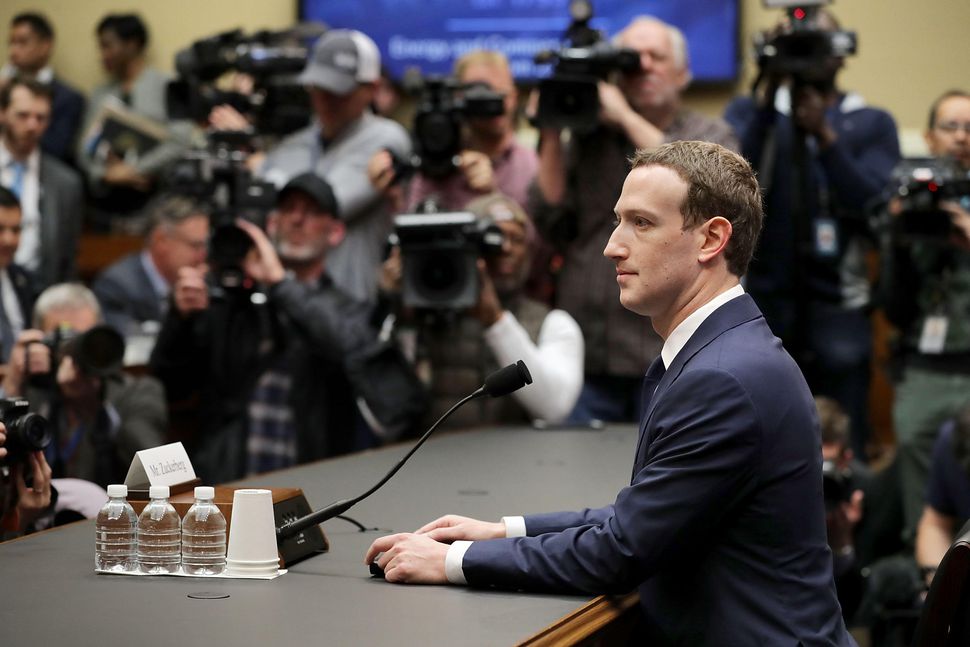
Zuckerberg hearings at the US Congress were a show of accomplices

Mark Zuckerberg had to change his sweatshirt for a tie to testify, over the last couple of days, at the US Congress about the scandal involving Facebook and Cambridge Analytica.
Pale and visibly tired, Zuckerberg faced hard questions about practically every possible topic: from the business model to the inclusion and racial diversity policies of his company. One by one, the members of Congress seem to have known how to make the best out of their 4 to 5 minutes to show their constituents — and the rest of the world — that they are not happy with Facebook.
The frequent interruptions and the almost ironic tone of the congress members made it clear that we were watching the most well-produced “slap on the wrist” of Internet’s history. The image of one of the youngest and shiniest stars of Silicon Valley being intimidated and embarrassed in front of the “representatives of the people” is powerful: something is being done.
The almost sadistic pleasure that many people felt while watching the hearings is justifiable: in his crusade to make the world more “open and connected”, Facebook has made a lot of mistakes. With the mistakes usually come the apologies and, sometimes, some changes. What doesn’t change is the company’s business model which, thanks to the massive user data collection, can offer sophisticated tools for serving targeted ads, a service which is responsible for a great share of their enviable US$ 40,6 billion revenue, only in 2017.
What does not seem to be clear from the hearings is that Zuckerberg is not the only one to blame. Facebook only exists — and will continue existing — in the way it is because the US Congress has never implemented a regulatory framework that adequately protects the privacy of Internet users. Whenever privacy and data protection bills reached congress, they were dismissed.
As it is designed today, the US privacy regulatory regime gives Internet companies the freedom to frame their privacy policies in the way they want, favouring innovation and the growth of the so-called “digital economy” in the country. The right to privacy is then seen as a question of choice, being easily revoked with the (questionable) users consent.
In such a permissive regulatory environment, Internet companies found the most favourable conditions to flourish and grow. It is not a coincidence that the sector’s giants are headquartered there. And it is also not a coincidence that the US Congress resisted so much — and for so long — to interfere with these business models. And this exposed not only US citizens, but people from all parts of the world. If there is anything we can expect from this congressional razzle-dazzle is that congresspeople realize they are also to blame for Zuckerberg’s successes and failures.
By Dennys Antonialli
Originally published by Estadão
Translation: Ana Luiza Araujo